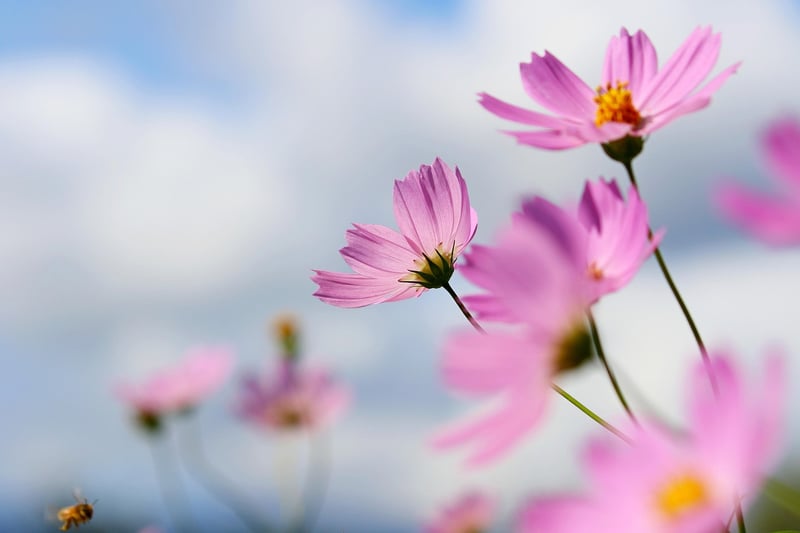Eco-friendly Practices
Create an Environmentally Friendly Garden with Eco-Friendly Practices
Creating an environmentally friendly garden not only benefits the planet but also provides a sanctuary for local wildlife and a peaceful retreat for you. By incorporating eco-friendly practices into your gardening routine, you can reduce your carbon footprint and promote sustainability. Here are some tips to help you get started.
1. Choose Native Plants
Opt for native plants in your garden as they are well-adapted to the local climate and require less water and maintenance. Native plants also provide food and shelter for local wildlife, promoting biodiversity.
2. Use Organic and Natural Products
Avoid synthetic pesticides and fertilizers that can harm beneficial insects and pollute the environment. Instead, opt for organic and natural products to nourish your plants and keep pests at bay.
3. Compost Kitchen Scraps
Start a compost bin for your kitchen scraps and garden waste. Composting not only reduces the amount of waste sent to landfills but also creates nutrient-rich soil for your garden.
4. Conserve Water
Install a rain barrel to collect rainwater for watering your plants. Consider using drought-resistant plants and mulching to retain soil moisture and reduce water consumption.
5. Attract Beneficial Insects
Plant flowers that attract beneficial insects like ladybugs and bees, which help pollinate plants and control pests naturally. Avoid using insecticides that can harm these beneficial insects.
6. Reduce Lawn Areas
Minimize the size of your lawn by incorporating more flower beds, vegetable gardens, and native plantings. Lawns require frequent mowing and watering, which can be resource-intensive.
7. Recycle and Upcycle
Repurpose old containers, pallets, and other materials in your garden for creative and sustainable projects. Upcycling not only reduces waste but also adds a unique touch to your garden.
8. Educate Yourself
Stay informed about sustainable gardening practices and continue to learn about ways to minimize your environmental impact. Join local gardening groups or attend workshops to exchange ideas and tips.
By following these eco-friendly practices and incorporating them into your gardening routine, you can create a beautiful and sustainable garden that benefits both you and the environment.

Image by congerdesign from Pixabay
